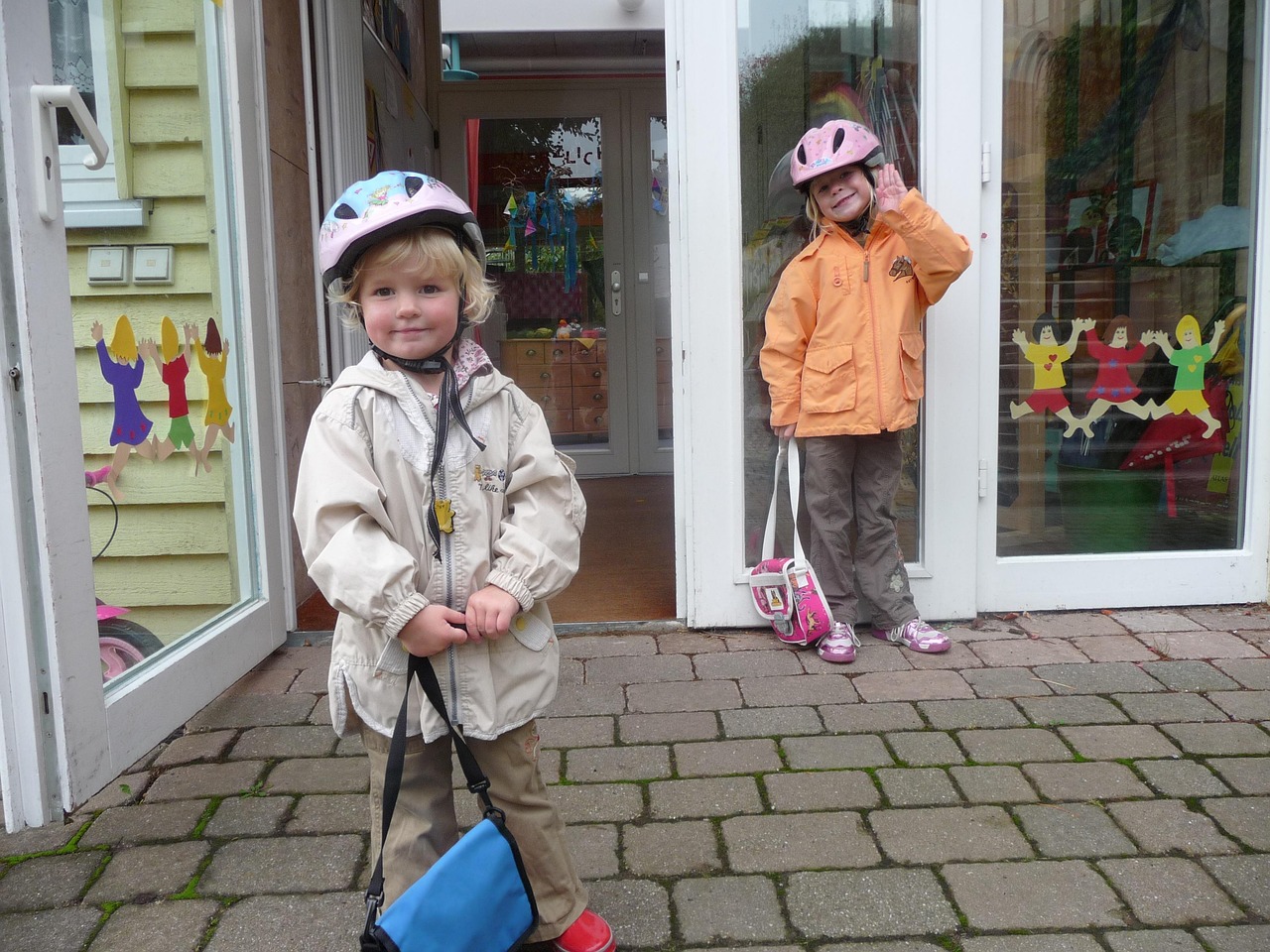
Your little one is about to embark on their kindergarten adventure—how exciting! But let’s be real: the first day can feel like a big leap for both of you. These practical tips from Kensington Kindergarten will help you prepare your child (and yourself!) for a smooth and confident start to kindergarten.
1. Practice Basic Skills at Home
Kindergarten introduces kids to foundational skills like recognizing letters, numbers, and their own name. Get a head start by practicing these at home in a fun way. Try writing their name on a whiteboard, counting toys during playtime, or reading simple books together. Keep it light and playful—think of it as sneaking in learning while having fun!
2. Build a Routine Early
Kindergarten comes with a structured schedule, so ease your child into a routine before school starts. Set consistent wake-up, meal, and bedtime routines a few weeks ahead. Practice short activities like sitting for a story or coloring for 10 minutes to mimic classroom focus time. This helps them adjust to the rhythm of a school day.
3. Visit the School Before Day One
If possible, take your child to visit the school or attend an orientation. Seeing the classroom, meeting the teacher, and exploring the playground can make the environment feel familiar. Talk about what they’ll do there, like playing with new friends or singing songs, to build excitement and reduce first-day jitters.
4. Teach Independence Basics
Kindergarten encourages kids to do things on their own, like zipping their backpack or putting on their shoes. Practice these skills at home so they feel confident. Try a “getting ready” game where they pack a bag or open a lunchbox. These small wins will make them feel capable when they’re on their own at school.
5. Talk About Feelings
Starting kindergarten can stir up big emotions—excitement, nervousness, or even fear. Have open conversations about what they’re feeling. Share a story about your own first-day nerves to make it relatable. Reassure them that it’s okay to feel unsure and that their teacher is there to help. Role-playing scenarios, like saying goodbye at drop-off, can also ease anxiety.
6. Pack Smart for the First Day
Help your child feel prepared by packing their backpack together. Include essentials like a water bottle, snack, and a comfort item (if allowed, like a small stuffed toy). Label everything with their name to avoid mix-ups. Let them pick out a special backpack or lunchbox to boost their excitement.
7. Celebrate the Milestone
Make the first day special! Take a fun “first day of kindergarten” photo, plan a small treat for after school, or ask them to share their favorite moment from the day. Celebrating this big step helps them associate kindergarten with positive vibes.
Final Thoughts
Starting kindergarten is a journey, and with a little prep, your child can walk into it with confidence. Be patient with them (and yourself!) as you both adjust. The goal is to make this transition feel like an exciting adventure, not a daunting task. You’ve got this, and so does your kiddo!
What’s your go-to tip for getting your child ready for kindergarten? Share your ideas in the comments!



